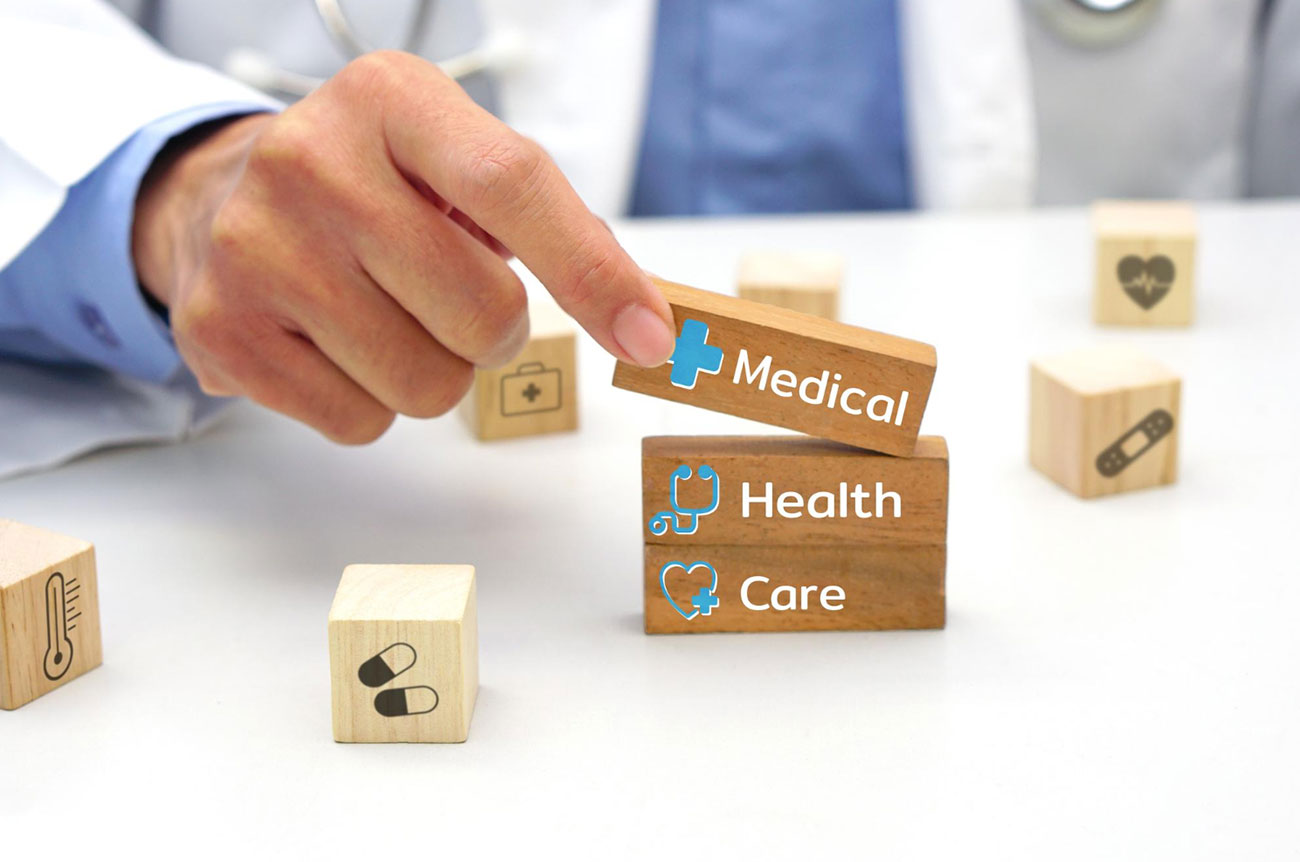Posted On February 3, 2025
Navigating regulatory compliance challenges in healthcare software development
Navigating regulatory compliance in healthcare software development is a critical yet challenging task due to the sensitive nature of patient data and the strict regulations governing its use. Frameworks like HIPAA (Health Insurance Portability and Accountability Act) in the U.S., GDPR (General Data Protection Regulation) in the EU, and FDA US Food and Drug Administration ( guidelines for medical devices require developers to adhere to rigorous standards of privacy, security, and accuracy. Failure to comply can lead to severe penalties, reputational damage, and compromised patient safety. To address these challenges, healthcare software teams must adopt a proactive and structured approach. Understanding the specific regulatory requirements that apply to the software—whether for data handling, interoperability, or device integration—is the first step. This requires collaboration with the software consultants, legal experts and compliance consultants to ensure a thorough interpretation of the laws.
Integrating compliance into the software development lifecycle (SDLC) is essential. Regular risk assessments and vulnerability testing are crucial to identifying and mitigating potential security threats. Additionally, adopting frameworks such as ISO 13485 for medical devices or SOC 2 for data security can help streamline compliance efforts. Maintaining detailed documentation throughout the development process is also vital for regulatory audits. Training development teams, organization team members and vendors on regulatory standards and fostering a culture of compliance ensures that all stakeholders stay updated on evolving laws. Partnering with third party compliance experts or using compliance management tools can further enhance efficiency. By embedding compliance into every stage of development, healthcare software providers can build solutions that not only meet regulatory standards but also gain the trust of users and regulators alike.
At smartData we incorporate secure coding practices, data encryption, and access control measures during development. We are also helping organizations comply with the ever-evolving regulatory framework. Our expertise spans a wide range of regulatory standards, including HIPAA, GDPR, FDA, CCDA, HL7, FHIR, PIPEDA, and SNOMED. This ensures healthcare organizations not only meet regulatory requirements but also maintain a high standard of care for both government-sponsored plans and private payers. Our services include CCDA/HL7/QRDA/EDI file parsing, streamlining data reporting and submission processes, assessing systems for compliance gaps, and recommending tailored solutions. We have developed secure, compliant software platforms with robust data encryption and interoperability standards (e.g., HL7, FHIR). Regular audits, automation tools, and ongoing updates ensure streamlined compliance and alignment with evolving regulations.







